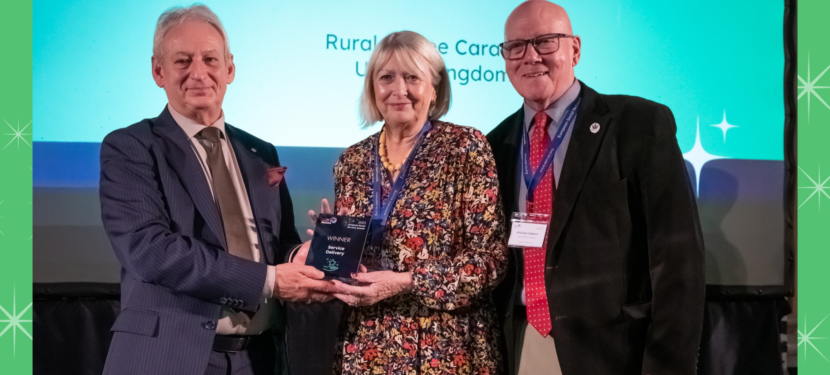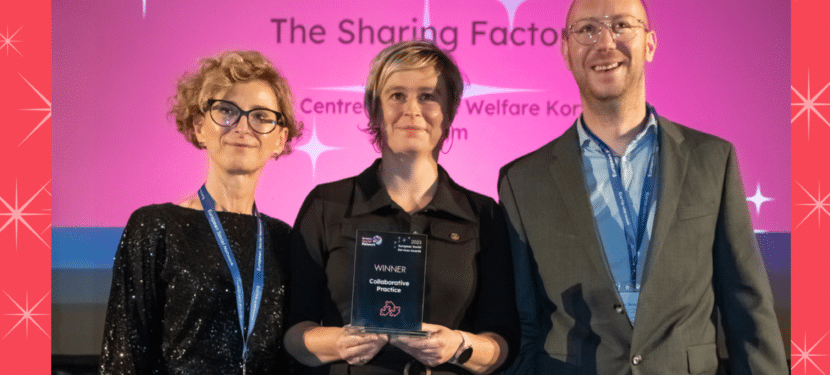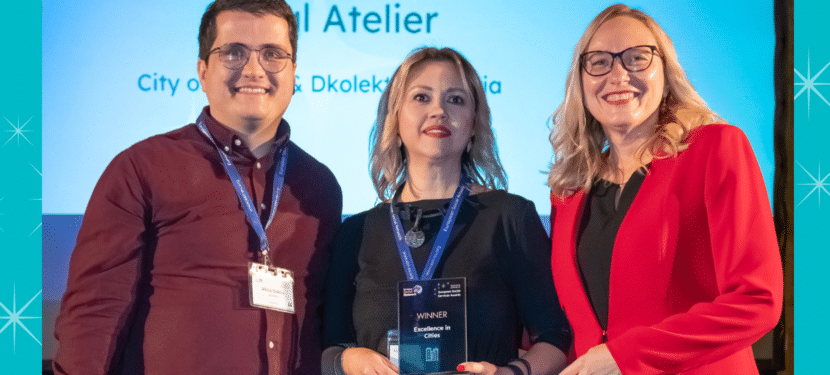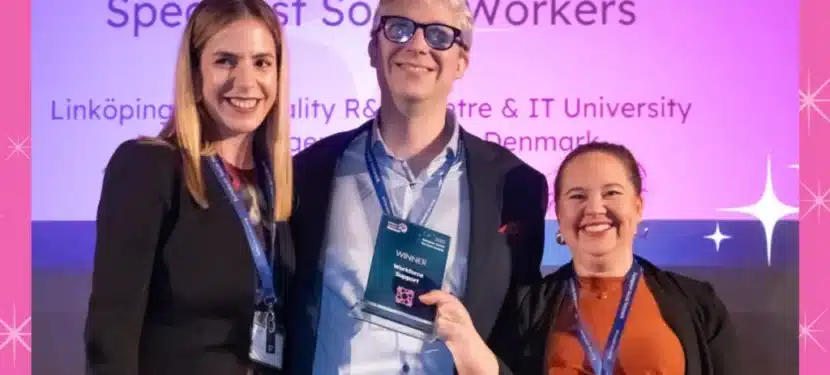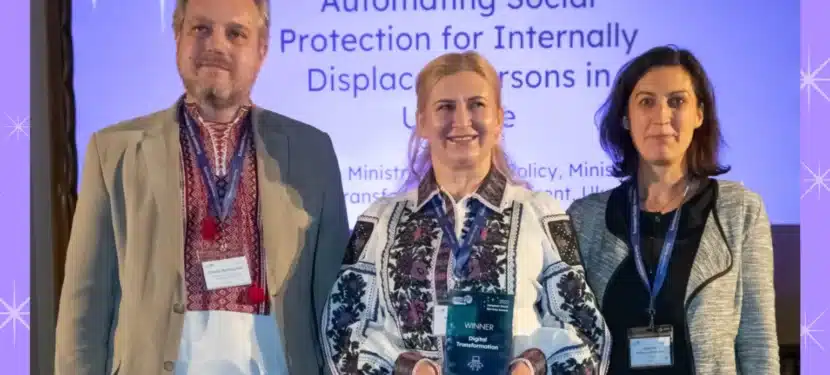By Delphine Chilese-Lemarinier, Head of EU Affairs & Eunice Valerio, Head of Legal & Public Affairs, Edenred
In inflationary contexts, the stability and well-being of citizens become increasingly precarious. Last September, the Food and Agriculture Organization’s Food Price Index reported a 3% increase in food prices from August, marking the largest month-on-month increase since March 2022. With 21.4% of the EU population already at risk of poverty or social exclusion in 2023[1] and a rising of the cost of living, the strain on individuals and families further intensifies. In such tumultuous times, the significance of social vouchers, as instruments to implement social benefits and policies, cannot be overstated.
Social benefits play a pivotal role in supporting individuals, fostering a more robust economy, enhancing societal well-being, and bolstering the State.
The Portuguese NGO Banco Alimentar contra a Fome[2] revealed a concerning trend in Portugal: a surge in the number of employed individuals seeking assistance. The FOOD Barometer 2023, conducted annually by Edenred and its partners, indicated that half of Portuguese people allocate more than 30% of their monthly budget towards food expenses, with 17% spending over 40%. Additionally, amidst rising food prices, a significant proportion of individuals report exhausting their food allowance vouchers by the end of the month, hindering their ability to access adequate and nutritious food.
The ramifications of diminished purchasing power extend beyond individual well-being, encompassing broader economic and societal implications. Adequate nutrition is fundamental to overall well-being and health, directly influencing state expenditure on healthcare. Data from a 2023 study by Professor Jorge Bravo from UNL illustrates the substantial economic multiplier effect of consumption through meal vouchers, with each euro spent generating 3.15 euros in economic activity and contributing to a 2.1 euro increase in GDP, in Portugal. This underscores the pivotal role of social benefits in stimulating economic activity and bolstering overall economic resilience in the face of inflationary pressures.
The advantages of social benefits extend beyond addressing food insecurity and inflationary pressures to encompass diverse areas. In the realm of education, social benefits facilitate access to education for all individuals, particularly those from economically disadvantaged backgrounds. Similarly, for childcare, social benefits alleviate the financial burden on families and enable access to affordable and high-quality childcare services.
Social benefits directed towards training and skill development serve as a catalyst for enhancing employability, fostering economic mobility and reducing unemployment rates. In the sphere of health, social benefits play a pivotal role in ensuring access to essential healthcare services, medications, and preventive care for vulnerable populations.
Moreover, social benefits for senior assistance address the needs of elderly people, promoting dignified ageing, social inclusion, and overall quality of life for seniors. Incorporating these diverse facets of social benefits into comprehensive support frameworks underscores their broader societal impact, fostering a more equitable and resilient social fabric.
The provision of social benefits and vouchers is crucial to safeguard the well-being and economic stability of workers and citizens in the face of inflationary pressures. By leveraging the advantages of social benefits in education, childcare, training, health, and senior assistance, policymakers and stakeholders can create a more comprehensive and effective social support system that fosters equitable opportunities and well-being for all.
[1] According to Eurostat
[2] Food Bank against Hunger


